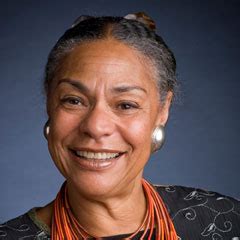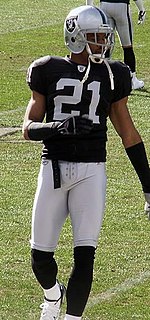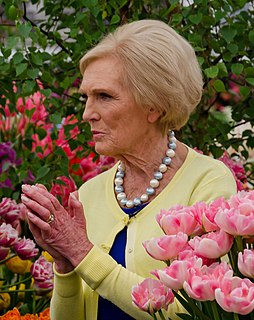A Quote by Ayaan Hirsi Ali
I believe that the dysfunctional Muslim family constitutes a real threat to the very fabric of western life. It is in the family that children are groomed to practise, promote and pass on the norms of their parents' culture.
Related Quotes
I connect with my culture through my family. I speak Portuguese to my parents so that I can practice. I stay engaged with my extended family through a lively group chat on WhatsApp. That sense of community and family is the heart of Brazilian culture, and staying engaged with my family is what keeps me connected.
You know, people see [August: Osage County], and I tell them that it's based on my family, and they assume that I came from some kind of horrible, hysterical circumstances. That's not true. My family, my nuclear family, was actually very close. My mom and dad were great parents and they encouraged a real rich, creative life for me and my brothers. My extended family, like every family, has some darkness, and some violence of some kind, emotional or otherwise, in their past.
I was brought up to believe that it's family first. Of all the people my parents knew, the family was most important. You always turn to your family, and the family supports you. We do what we can to support our young and go and see the grandchildren if they're doing plays at school and their sports events.
We come from fallible parents who were kids once, who decided to have kids and who had to learn how to be parents. Faults are made and damage is done, whether it's conscious or not. Everyone's got their own 'stuff,' their own issues, and their own anger at Mom and Dad. That is what family is. Family is almost naturally dysfunctional.
It doesn't matter whether you have the happiest upbringing... the young Joe Scot had the most dysfunctional family there could be but it's still a family and it's a really good, strong family. But in spite of that he runs away from home. I relate to all of those things very directly. I hit 40 this year but I still think about being a teenager and hopefully I will for the rest of my life. They are important years.


































